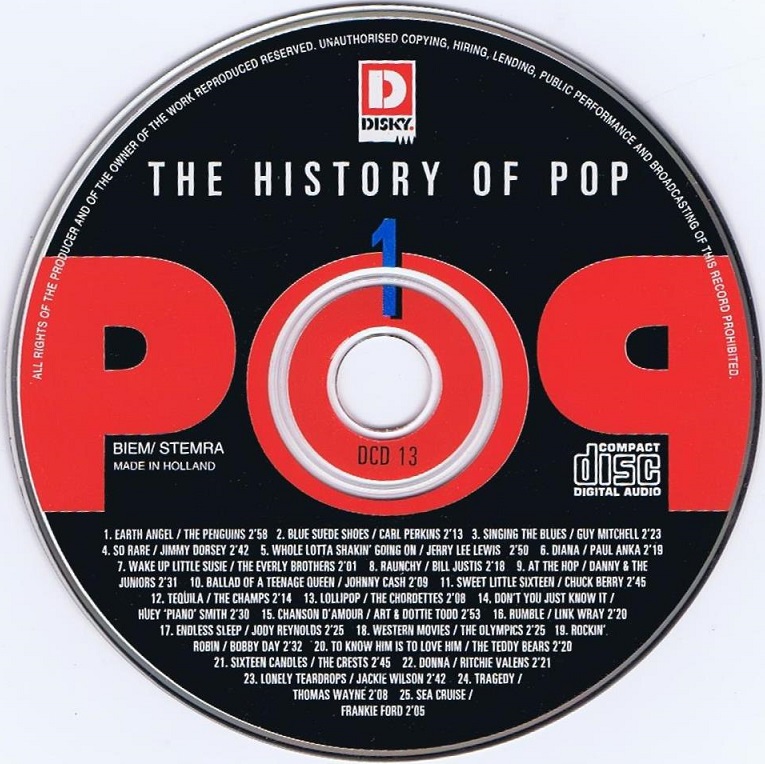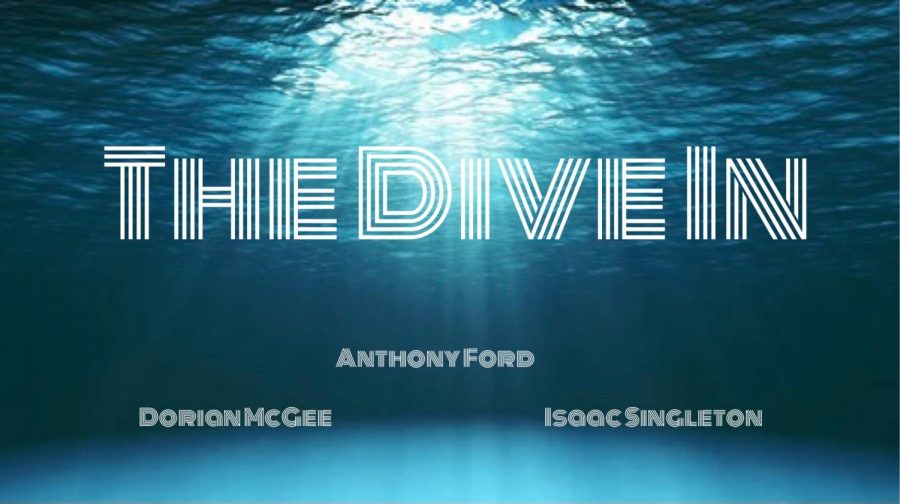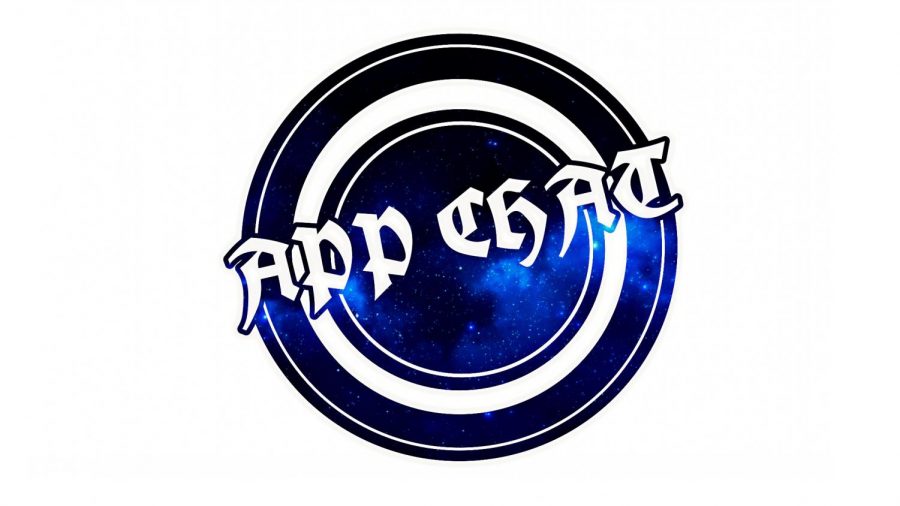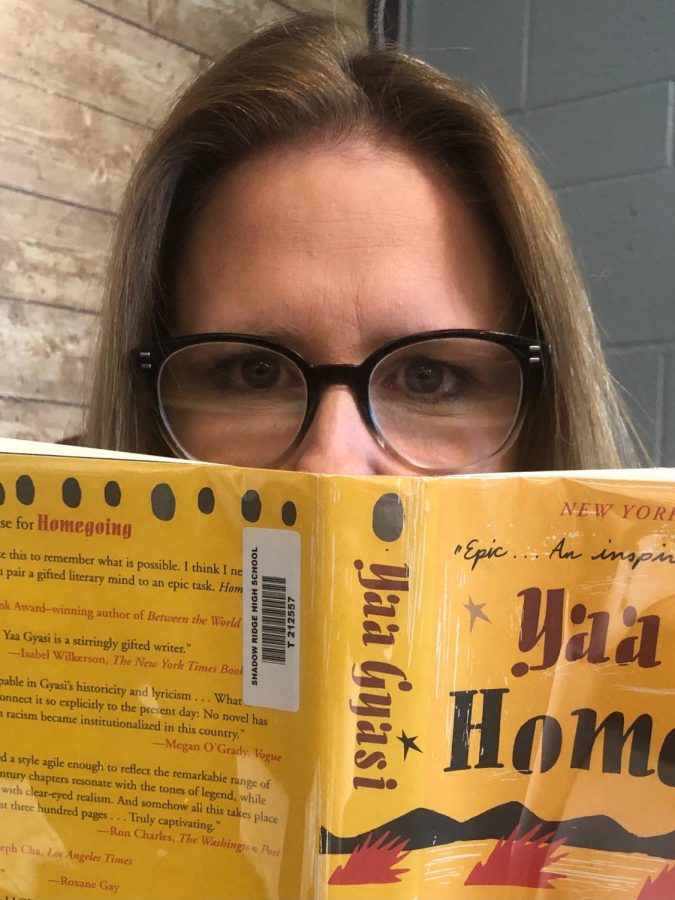Soundwave of History
October 11, 2020
When asked “In what year or period did music start?” Mr. Buer, the History of Pop teacher responded, “There is no precise answer to that question. It probably emerged when one caveman started making bone flutes and banging rocks together. Then someone else told that caveman that the weird noises coming out of animal carcasses sounded nice.”
In the course of history, music is the most outstanding creation made by humankind. In the United States and the rest of the world, music has always been a source of entertainment for people. Some people say it plays an essential role, more than just a source of relaxation, that is relevant to their lives as a way of expressing their feelings as well as their emotions.
Music breaks down into a variety of genres, and one of them is popular music or pop music, which sounded like ragtime, swing, and jazz before it became its own genre.
Here at Shadow Ridge, students are offered an elective course called History of Popular Music that introduces students to all different types of music and how it has grown and changed.
Mr. Cade Buer, History of Pop Music teacher, said, “Pop music has evolved to fit the taste of a particular culture for a given time.”
He focuses on the evolution of popular music in the United States. Historians can trace how folk music influenced ragtime, how ragtime influenced the blues, how blues influenced jazz, and more.
“The fascinating part is learning all about the people that contributed to music genres in significant ways that are not well known,” Buer stated.
For instance, Gussie Davis, a great contributor to contemporary pop who made it big in NYC during the 1880’s and 1890’s. However, when he started, he had to take up a job as a janitor because he was rejected at Nelson Musical College, and instead, paid for private music lessons from the students to pursue his passions. “There are many unbelievable rags-to-riches stories in the music industry,” Buer says.
“Learning the backstories of more prominent stars is the best part about teaching this course,” Buer added.
There are a handful of textbooks and books that Mr. Buer has used in his music theory classes, but he also uses various apps to help him look up what he hears in commercials, online, and out in the world. Pop music is definitely worth everything that big companies and consumers are paying for it. The mainstream music played on radios and debuted on various record company charts is generally classified into the popular music category.
For students who enjoy listening to and learning about pop music, History of Popular Music is definitely an elective to choose.









Shipp • Oct 15, 2020 at 5:52 pm
Go Buer! Nice article!
Easley • Oct 11, 2020 at 6:37 pm
Best elective offered at SRHS!